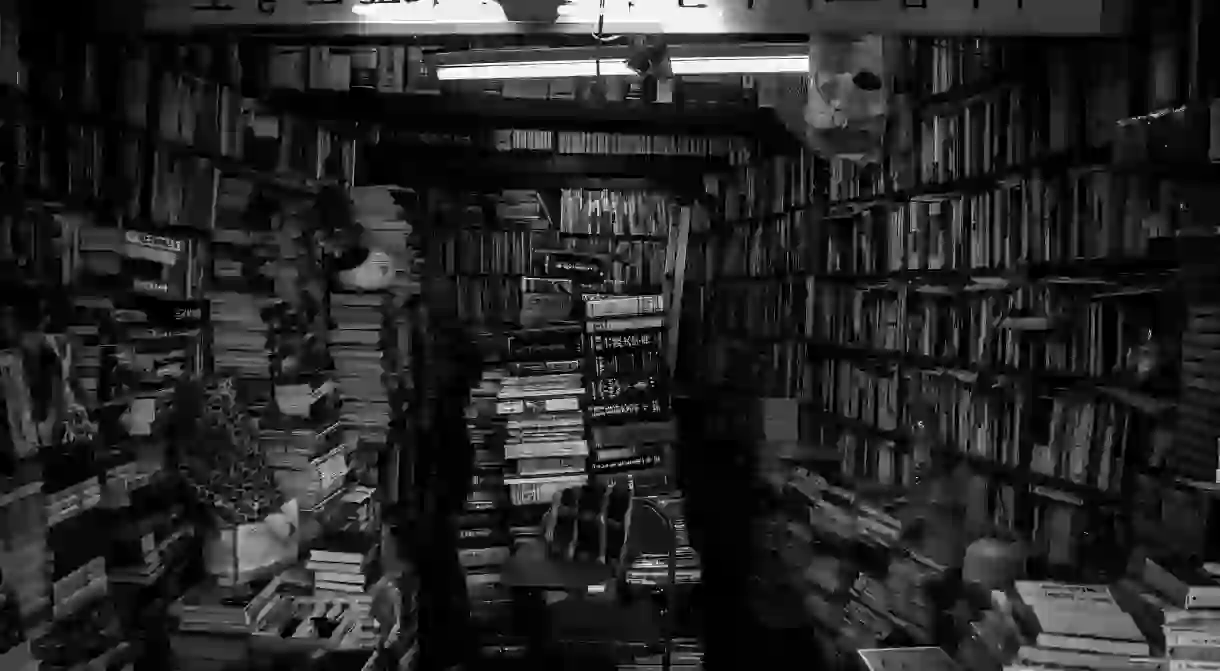5 Souvenirs You Can Only Buy in Busan

You came, you saw, you fell in love with Busan. Its beaches, its nightlife, and its seafood swept you off your feet, leaving you desperate to take a little bit of it home with you. So what can you buy to ensure the city stays in your memory? Here’s our guide to souvenirs you couldn’t get anywhere else but here.
Geumjeongsanseong Fortress Makgeolli
On Busan’s Mount Geumjeong, you can find Geumjeongsanseong Fortress. Makgeolli has been produced in the region for the last 500 years, and the longstanding makgeolli brewery here is famous within the region. Geumjeongsanseong Makgeolli is brewed using a traditional technique called foot-striking; yeast is wrapped in hemp cloth and stamped on by barefooted brewers. For a souvenir that’s even more special, you can make your very own makgeolli to take home at one of the brewery’s hands-on makgeolli-making workshops.
Fish cakes
One of Korea’s most popular street snacks, fish cakes, or eomuk, is eaten all over the country. Busan’s fish cakes are known for being especially delicious — so much so that ‘Busan fish cake’ is a general short hand for a high-quality fish cake. Concertinaed onto wooden skewers and cooked in fish cake soup (eomuk-guk) or sliced up and added to spicy tteokbokki, they’re a quintessential Korean eat. Samjin Fish Cake Bakery is the oldest maker of fish cakes in the city, and you can stock up on more than 50 different types of fish cakes at their main store, located on the second floor of Busan Station.

Traditional dinnerware
Ceramics and dinnerware from Busan are unique to this region of southern Korea and have an aesthetic which is distinct from the ceramics of other areas. Busan has historically been more influenced by Japanese culture than other parts of South Korea, which is reflected in the region’s pottery wares. Many tea shops sell handmade, locally produced tea sets and pottery, or you could try an antique shop such as Meet Antique Items.
Meet Antique Items (고물들의 미팅), 66, Bupyeong 2-gil, Jung-gu, Busan
A book from Busan’s Book Street
Bosu-dong Book Street is a book-lover’s dream. Its roots lie in the time after Korean independence, when many people came to this area (formerly the old Gukje Market) to sell Japanese-language books. During the Korean War, Busan was South Korea’s provisional capital, and refugees sold their books here to gain money for food. Later, in the 1960s and ’70s, the street became a hub for students and professors to buy and sell books. Now, it’s thronged with booksellers and coffee shops. Spend an afternoon browsing old tomes, and choose a book of your own to take home as a souvenir of Korea and its turbulent history.
Raspberry wine from a cave
Head a little way out of Busan, to the Gimhae Nakdonggang River Rail Park. This area is famous for its black raspberries, thanks to its mild climate and fertile soil. Whilst it’s hard to take fresh raspberries home with you, you can take a bottle (or two) of Bokbunja-ju, Korean raspberry wine. The Rail Park has a wine cave where you can sample different types of wine and buy your own bottle to take home.














